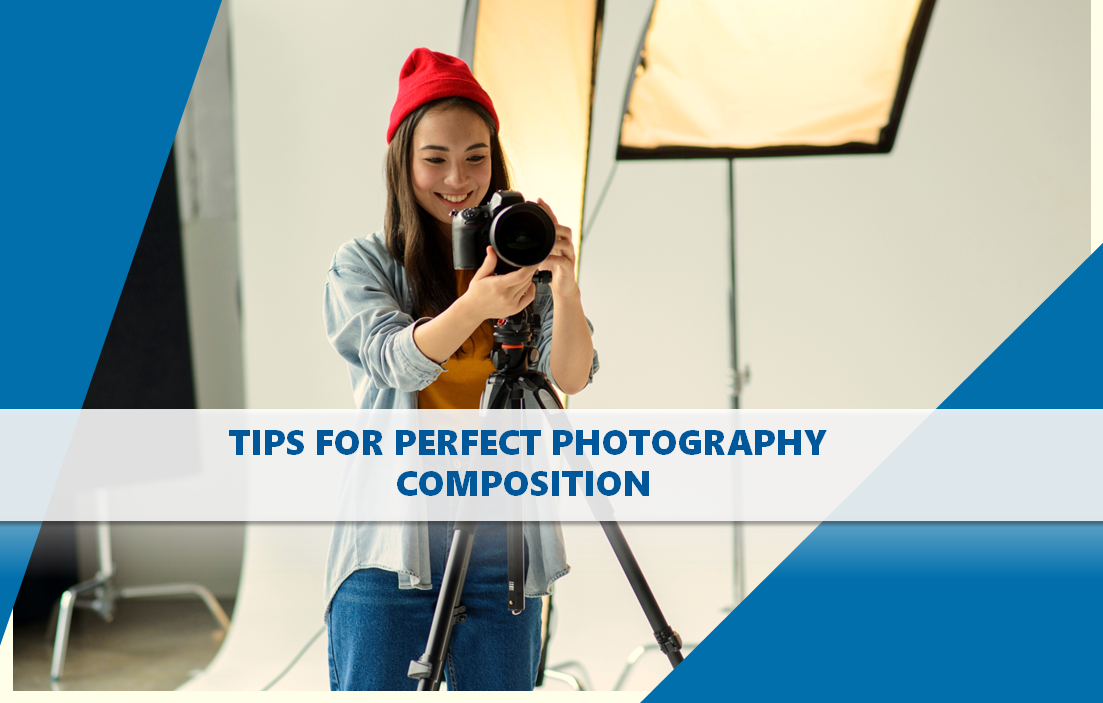Home » Mastering Composition: Essential Tips for Perfect Photography

Composition is the backbone of captivating photography. It’s the art of arranging elements within the frame to create visually pleasing and impactful images. Whether you’re a beginner or a seasoned photographer, understanding and applying composition principles can elevate your photography to new heights.
Composition means to figure out what to add to your frame, and what to subtract from your frame. Or you can say It is an organization of visual elements within a picture frame to make it meaningful, interesting to watch, and unified.
The first very pragmatic thought is this: consider that when you’re framing and composing, you have a box. But reality exists beyond the box. And therefore, what do you want to capture, and contain inside your box, which is your viewfinder or your LCD screen?
Navigating the Dynamics of Public Relations

In visual composition, we study the static composition-like still photograph, where everything is stationary. In this blog post, we’ll explore some essential tips to help you master composition and create stunning photographs.
Unlocking the Art of Photography: Capturing Moments, Creating Memories
By incorporating these composition tips into your photography practice and constantly honing your skills, you’ll be well on your way to creating images that captivate and inspire viewers. Remember to practice regularly, study the work of other photographers, and most importantly, enjoy the process of capturing the world through your lens. Happy shooting!
Written by:
Dr. Ashwani Kumar Juneja
HoD & Associate Professor
Department of Journalism and Mass Communication
Lingaya’s Vidyapeeth
Lingaya’s Vidyapeeth stands out as a Top university in Delhi NCR, renowned for excellence across various undergraduate, postgraduate, and doctoral programs. This year, it introduces BAJMC and MAJMC Courses, adding to its diverse offerings. With a team of esteemed faculty members dedicated to nurturing student skills, Lingayas Vidyapeeth provides an unparalleled educational experience in these fields.
February 26, 2024
RECENT POSTS
CATEGORIES
TAGS
Agriculture Agriculture future AI Architecture artificial intelligence BA English BA Psychology BTech CSE BTech Engineering Business management career Career-Specific Education career guide Career Opportunities career option career scope Civil engineering commerce and management Computer Science Computer science engineering Data science degree education Engineering Engineering students English Literature english program Exam tips Fashion Design Fashion design course Higher Education Journalism journalism and mass communication law Law career Machine Learning MA Psychology Master degree mathematics MBA Mechanical Engineering Pharmacy Psychology Research and Development students
University Address: Nachauli, Jasana Road, Faridabad, Haryana
Toll Free: 1800-120-4613
Mobile : 8447744303 | 8447744304 | 8447744306 | 8447744309
Address: C-72, Second Floor, Shivalik, Near Malviya Nagar,
Above HDFC Bank, New Delhi 110017
Ph.No. - 011-46570515 / 45138169 / 41755703 / +91-7303152412
Jagmani Kutir, Ground Floor, Road No-1, Rajeev Nagar,
Near Darbar Marriage Hall, Patna-800024, Bihar
Contact No: 9818352069/8130120095
Mail: [email protected]
Copyrights © 1998 - 2025 Lingaya's Vidyapeeth (Deemed To Be University). All rights reserved.
It is important to note that the following email IDs and domains are fraudulent and do not belong to our university.
LV only conducts physical/online verification of any document related to examination on the following email id: